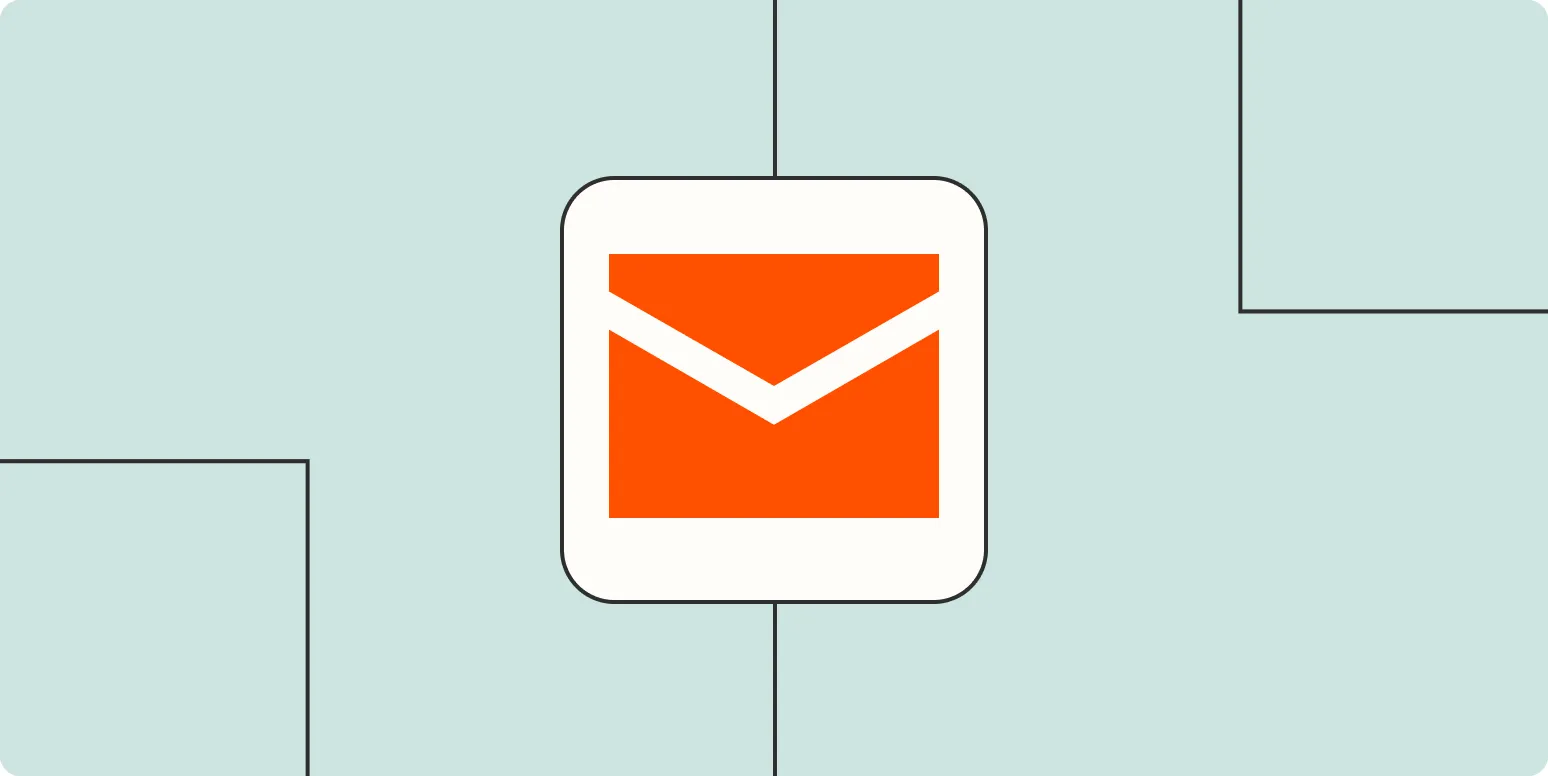Building a robust B2B prospecting list is crucial for the success of cold email campaigns. This list serves as the foundation for your outreach efforts and can significantly impact your conversion rates. Here’s a comprehensive guide on how to create an effective B2B prospecting list, with particular emphasis on tools and strategies that incorporate referrerAdCreative.
Understanding Your Target Audience
Before diving into the nitty-gritty of list building, it’s essential to define your target audience. Understanding who your ideal customers are will streamline the prospecting process. Consider the following factors:
- Industry: Identify the sectors you want to target, whether it’s technology, healthcare, finance, etc.
- Company Size: Determine if you’re targeting startups, SMEs, or large enterprises.
- Job Titles: Focus on decision-makers such as CEOs, CTOs, and marketing directors who are more likely to engage with your emails.
Utilizing Online Tools and Resources
There are various online tools available to help you compile your B2B prospecting list. Here are some popular ones:
| Tool | Description |
|---|---|
| LinkedIn Sales Navigator | A powerful tool for finding and connecting with potential leads based on specific filters. |
| Hunter.io | Helps in finding email addresses associated with specific domains. |
| ZoomInfo | Offers comprehensive data on companies and contacts for targeted outreach. |
| Clearbit | Provides enriched data to help personalize your outreach efforts. |
Using these tools, you can gather data on potential leads, including their contact information, company size, and industry. This is where the concept of referrerAdCreative can come into play, as it allows you to tailor your outreach based on the advertising strategies that resonate with your target audience.
Segmenting Your Prospect List
Once you have gathered potential leads, the next step is to segment your list. Segmentation allows for more personalized and effective email campaigns. Here are some ways to segment your B2B prospecting list:
- Industry: Group leads by industry to customize your messaging.
- Geography: Consider regional differences that could affect your outreach.
- Engagement Level: Identify which leads have interacted with your content before and tailor your approach accordingly.
Effective segmentation can significantly improve your open and response rates. For example, a personalized email that speaks directly to the challenges faced by a specific industry will likely yield better results than a generic message.
Crafting Compelling Cold Emails
Now that you have a well-defined prospecting list, it’s time to focus on your email content. A compelling cold email should include:
- Subject Line: Grab attention with a concise and relevant subject line.
- Personalization: Use the recipient's name and reference their company or industry.
- Value Proposition: Clearly articulate the benefits of your product or service.
- Call to Action: Encourage the recipient to take a specific action, such as scheduling a call or visiting your website.
Incorporating elements of referrerAdCreative can also enhance your email’s effectiveness. If you know that a particular type of ad content resonates with your audience, referencing it in your email can create a sense of familiarity and interest.
Tracking and Analyzing Results
After sending your cold emails, it’s crucial to track and analyze the results. Use tools like Google Analytics and email tracking software to measure open rates, click-through rates, and overall engagement. This data will help you refine your prospecting strategy and improve future campaigns.
| Metric | Importance |
|---|---|
| Open Rate | Indicates how effective your subject line is at capturing attention. |
| Click-Through Rate | Measures how many recipients clicked on your call-to-action. |
| Response Rate | Shows the effectiveness of your email's content in generating replies. |
Continuous Improvement
Building a B2B prospecting list for cold email campaigns is an ongoing process. Continuously update your list with new leads, remove unresponsive contacts, and refine your messaging based on the data you collect. By leveraging insights from your campaigns, you can create a more targeted approach that aligns with the interests of your audience.
In conclusion, creating a successful B2B prospecting list involves understanding your audience, utilizing the right tools, segmenting effectively, crafting compelling emails, and tracking your results. By incorporating strategies related to referrerAdCreative, you can enhance your outreach efforts and ultimately drive better results for your cold email campaigns.





